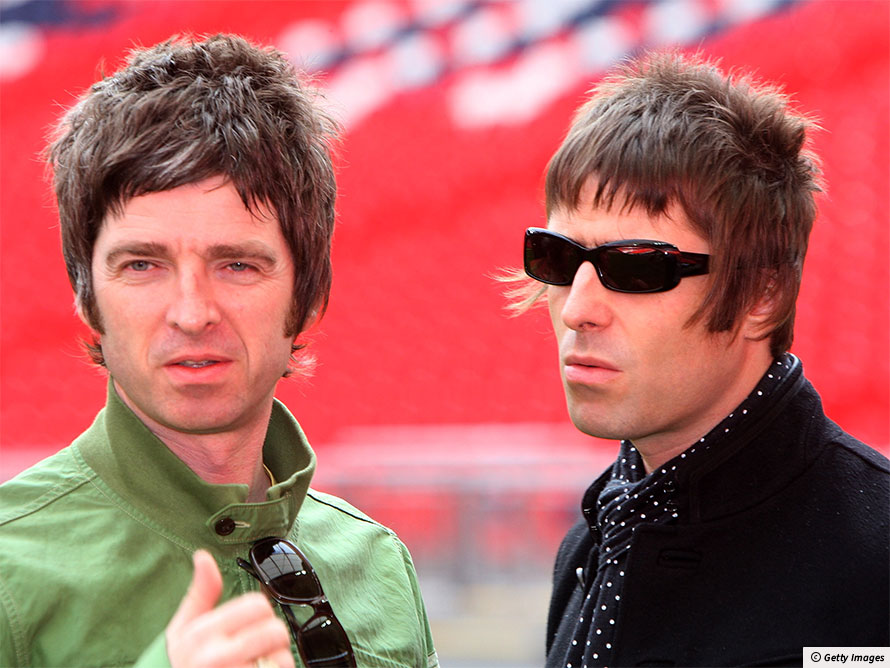Does creativity need conflict? People who think that disagreements can make great art have welcomed the news that the most popular rock band of the '90s is getting back together.
Oasis could make £400m from reunion
 Rock and roll: Noel and Liam Gallagher (above) could earn more from an Oasis reunion than they made in the entire 1990s, each walking away with more than £50m.
Rock and roll: Noel and Liam Gallagher (above) could earn more from an Oasis reunion than they made in the entire 1990s, each walking away with more than £50m. Glossary
Fractious - Irritable or unruly.
Spats - A slang word for small arguments.
